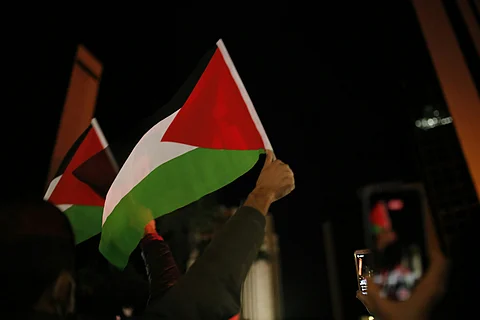

Hamas announced on Saturday that it had accepted a newly proposed ceasefire agreement for Gaza, brokered by Egypt and Qatar. However, Israel quickly responded, stating that it had put forward a counter-proposal with the United States, the third mediator in the negotiations.
Earlier in the week, Egypt had introduced a plan aimed at reviving the fragile ceasefire, which had collapsed after Israel unexpectedly resumed military operations. The specific details of the proposal remained unclear at the time of Hamas leader Khalil al-Hayyah’s announcement confirming the group's acceptance.
An Egyptian official, speaking anonymously to The Associated Press due to the confidential nature of the negotiations, had described the original terms of the proposal earlier in the week. According to the official, Hamas would release five living hostages, including one American-Israeli citizen, in exchange for Israel allowing humanitarian aid into Gaza and agreeing to a temporary pause in fighting lasting several weeks. Additionally, Israel would release hundreds of Palestinian prisoners as part of the deal.
Approximately a week and a half ago, Israel abruptly ended its ceasefire with Hamas, launching an intense wave of airstrikes that resulted in the deaths of hundreds of people. In response, the White House placed the blame for the renewed conflict squarely on Hamas.
Israel has since vowed to intensify its military campaign until the militant group releases the 59 remaining hostages, of whom 24 are believed to still be alive. Beyond securing their return, Israel has also demanded that Hamas relinquish power, surrender its weapons, and send its leadership into exile. On Saturday, the Israeli military expanded its ground operations, targeting the southern Gaza city of Rafah near the Egyptian border.